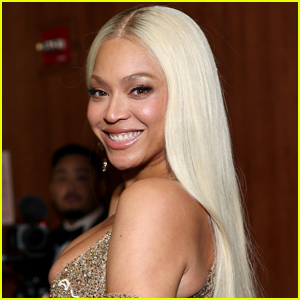A significant legal challenge has emerged against Parkwood Entertainment, the company founded by global superstar Beyoncé, alongside Sony and Warner Chappell Music. Filed on Tuesday, July 29, the lawsuit specifically targets the entities involved in the creation and distribution of Beyoncé’s track “Alien Superstar,” a prominent song from her critically acclaimed Renaissance album. While the legal filing names these major players, it is crucial to note that Beyoncé herself is not listed as a defendant in this unfolding legal drama.
The core of this legal dispute centers on alleged unauthorized usage of a musical sample within “Alien Superstar.” The plaintiffs contend that a portion of the song incorporates material that was not properly licensed. This type of intellectual property claim is not uncommon in the music industry, highlighting the complex web of rights and permissions that artists and labels must navigate in an era of extensive sampling and creative collaboration.
Although the original credits for “Alien Superstar” acknowledge the artist behind the sampled track, “Moonraker,” the lawsuit asserts that this credited artist did not actually possess the legitimate rights to license the original composition. This claim introduces a critical question regarding the chain of ownership and the due diligence performed in the music sampling process before incorporating external works into new productions.
Both Beyoncé’s Parkwood Entertainment and the affiliated labels, Sony and Warner Chappell Music, find themselves implicated in the lawsuit due to their roles in the alleged failure to correctly secure the necessary licenses from the rightful owner of the sampled material. This underscores the significant responsibility that record labels and artist management companies bear in ensuring all elements of a musical work are legally cleared before commercial release.
The artist who licensed out the “Moonraker” sample is also a named party in the suit, facing accusations of providing a sample for a song to which they did not hold legitimate rights. This aspect of the case brings to light the potential ramifications for individual musicians who engage in licensing agreements without clear and verifiable ownership of the underlying copyright to the material they are offering.
Such high-profile copyright disputes serve as a stark reminder of the intricate legal landscape surrounding intellectual property in the entertainment sector. The outcome of this case could establish important precedents for how samples are vetted, cleared, and compensated in the future, influencing practices across the music industry for years to come.
The escalating legal battle surrounding “Alien Superstar” emphasizes the critical importance of meticulous music sampling clearance. It highlights that even for established artists and powerhouse labels, the rigorous process of verifying copyright ownership and securing proper licenses remains paramount to avoid costly litigation and protect artistic integrity within the fiercely competitive entertainment landscape.






Leave a Reply